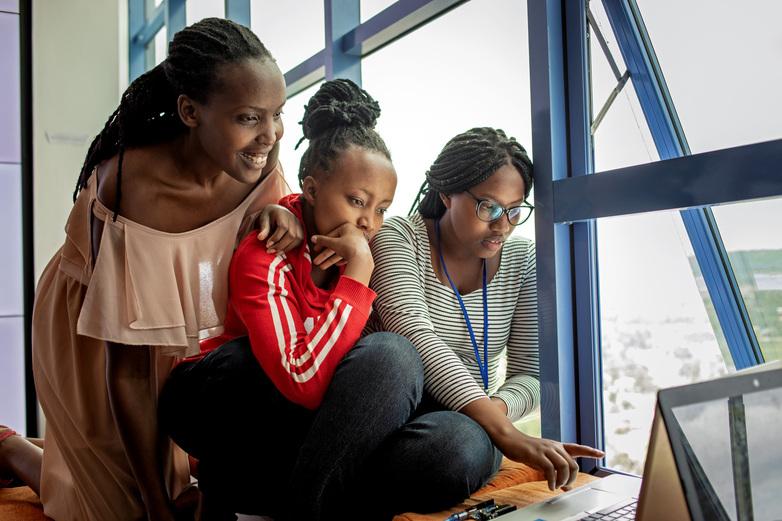Context
The Senegalese Government has developed various strategies to kick-start digital transformation in the public sector. In doing so, its aim is to extend the benefits of digitalisation to rural and disadvantaged population groups.
Overall, however, the pace of digitalisation in Senegal is slow despite the significant social and economic advantages this could offer the population. The government has an important role to play in coordinating this process. Senegal’s digital strategy also lacks green approaches for the simultaneous promotion of digital transformation and sustainability, known as the ‘twin transition’. Senegal is therefore not harnessing the full potential of inclusive and green digital change due to a skills deficit in public institutions.
Objective
Public institutions are better able to drive forward a sustainable digital transformation in Senegal.
Approach
The project receives financial support from the European Union and contributes to the Team Europe Initiative (TEI) ‘Green Economy in Senegal’. It also receives funding from the French Ministry for Europe and Foreign Affairs. The TEI is implemented by the Deutsche Gesellschaft für Internationale Zusammenarbeit (GIZ) GmbH and the French public agency ‘Expertise France’.
The project’s key activities are as follows:
1. It improves the instruments and mechanisms of the Senegalese Ministry of Communication, Telecommunications and Digital Affairs (MCTN) with the aim of managing sustainable digitalisation across various ministries.
2. It supports entrepreneurship and innovation in Senegal in order to create decent work, with a particular focus on women and young people.
3. It trains national and local public institutions, enabling them to provide inclusive digital offerings for women in rural areas in particular.